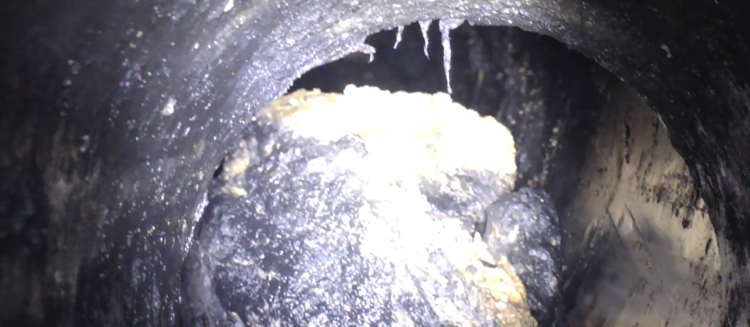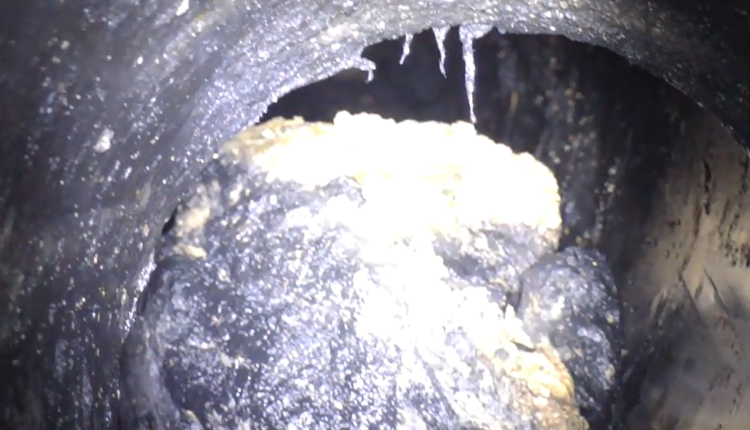With the growth in restaurants and takeaways in Liverpool mammoth ‘fatbergs’ – solidified grease and waste – pose a growing threat to the city’s sewers but one eatery is leading the fightback. Tony McDonough reports

A Liverpool restaurant best know for training young chefs is leading the fight against the monster fatbergs that threaten to clog up the city’s sewers.
Last month, United Utilities rid Liverpool city centre of a 250m-long fatberg which had completely blocked a sewer pipe in Bankhall Lane. Two years earlier, a mammoth 400-tonne fatbergs – the biggest ever in the North West – had to be hacked out by hand.
Fatbergs are caused when fat, oil, grease and food leftovers, combined with non-biodegradable solids such as wet wipes, build up in urban sewerage systems and end up hardening and causing serious blockages.
Waste from restaurants is one of the biggest contributors and with Liverpool’s eating out scene having boomed in recent years, the problem in the city has grown. However, one Liverpool outlet is being praised for its efforts to minimise the problem.
The Academy Restaurant at The City of Liverpool College has installed ‘fat traps’ under its kitchen sinks as part of a revamp. The five traps are essential kit to stop fats, oils and greases getting into the sewers.
The Academy, off Duke Street, has modern kitchens which have never had a blockage but chose to do its part after a campaign by the water company. Ian Jaundoo, executive chef for the college’s commercial restaurant and cafés, said the installation was part of a new investment in the restaurant and café which re-opened on June 22 after a refurbishment.
“Before lockdown we were serving well over 130 meals a day to staff, students and the public from both kitchens, including very high-quality tasting menus and fine dining, all prepared by our own students,” said Ian.

“We have a very strict procedure for disposing of fats and explain it to our students but inevitably there is always some that ends up going down the sink. The fat traps stop and contain any fat that manages to get past our scrapers.”
Andy Peet, a trade effluent manager for United Utilities said city centres such as Liverpool, which is home to around 300 restaurants and takeaways, were particularly susceptible to fatbergs.
He added: “The work the academy has done is really exemplary and we’ve been working hard with food outlets across the city centre to encourage more to do the same. Many of them have, and it’s great news because blockages can cause sewer flooding which is very bad for the community and even worse for a restaurant business.”
Many businesses don’t realise that having a proper system in place for disposing of kitchen waste is often a condition of building regulations and that blocking sewers contravenes the Water industry Act. Repeat offenders could face a bill for clean-up costs, and even prosecution.
“It is a big risk to put fats and oils down the sink,” added Andy. “When they cool down they go solid and more often than not it’s your own pipes that get blocked and you can end up with a nasty, expensive mess.
“All pans and plates should be wiped into the bin before you wash them. Even things like mayonnaise and ketchup contain oil. It might not seem like much in your own home, but when you add up thousands of meals a day in a small area like Liverpool city centre it’s no wonder we have to clean the sewers so often to keep them flowing.”

